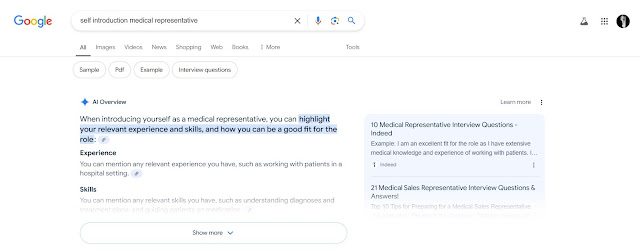Can You Still Make Money? Yes. But...
Google AdSense still pays, and people do make money.
However, the golden era of easy earnings is long gone. The main
challenges today are:
- Lower RPMs (Revenue per 1,000 Impressions) – Ad rates aren’t what they used to be.
- More Competition – More websites, more content, and more alternatives to Google’s ad network.
- Google’s AI-Generated Results – Search engine traffic is declining for blogs because Google is showing direct answers via AI, cutting out the need to click on a website.
What’s Hurting AdSense Earnings?
- Ad Blockers Are Everywhere – Many users block ads entirely, reducing impressions and earnings.
- Google’s AI Overview – More users get answers directly in search, meaning fewer clicks to websites.
- Mobile Traffic Pays Less – Most traffic comes from mobile, but mobile ads earn far less than desktop ads.
- Strict Policies – AdSense bans accounts left and right. A single mistake, and you’re out.

